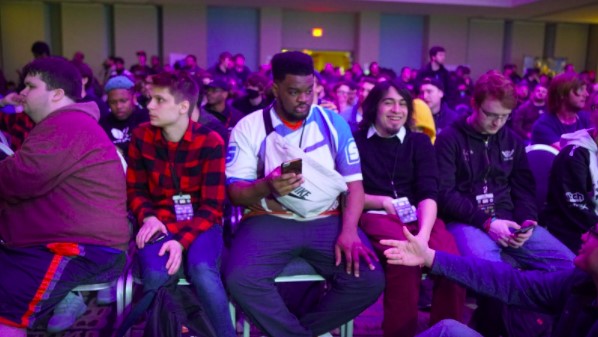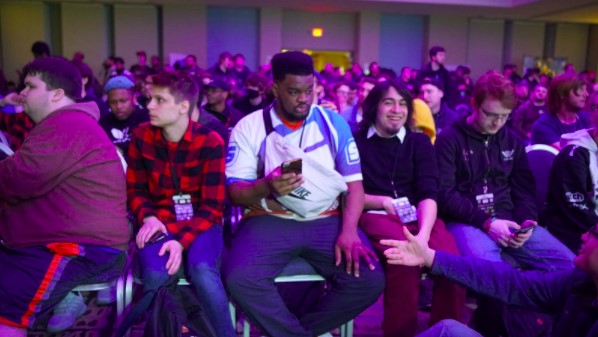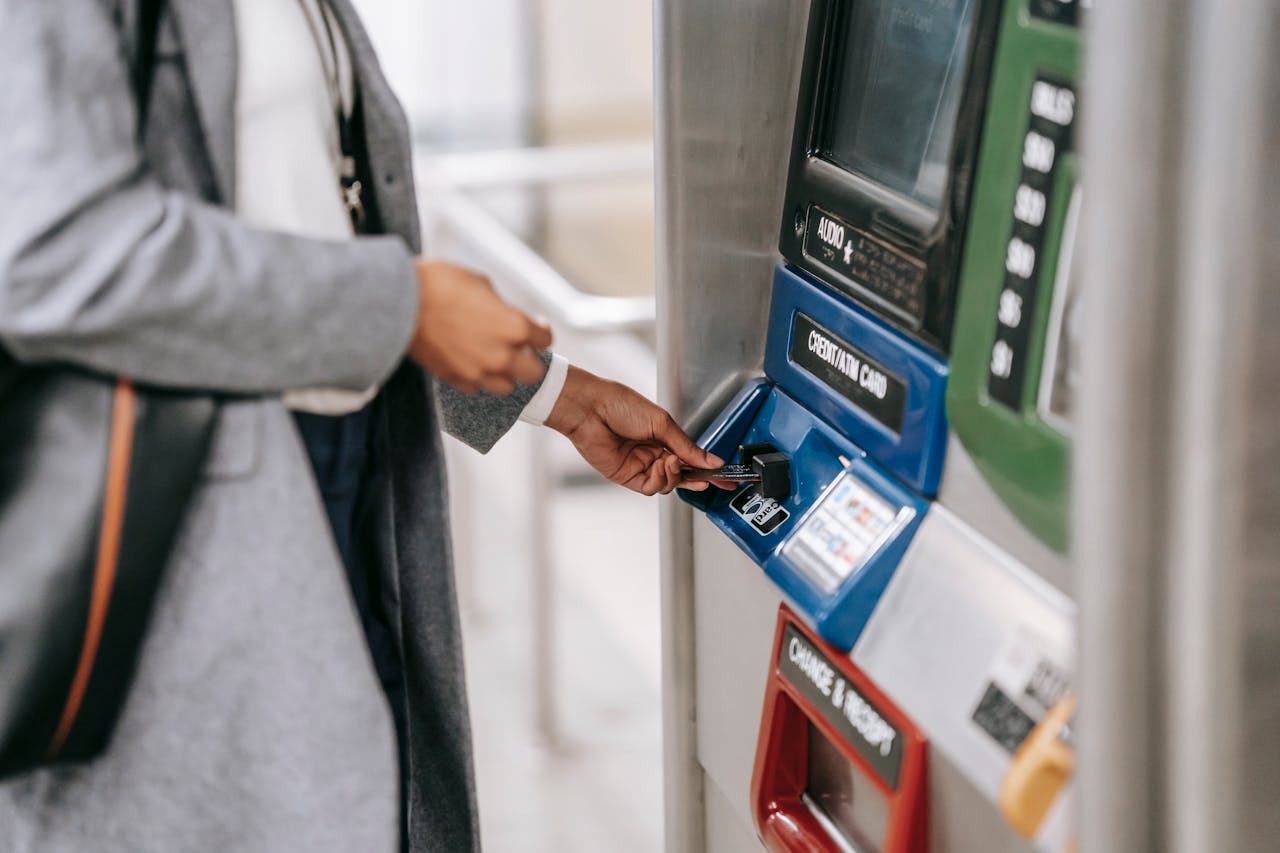


Over the past decade, the online game industry in the Philippines has produced a competent pool of broadcast talents, specifically esports hosts, interviewers, analyst desks, and commentators. In addition, the occupations play a crucial factor as the primary lens to which the esports audience consumes the content, further elevating the experience of watching an esports professional league.
The country had also produced one of the original top-tier teams in the Mineski Pro Gaming League (MPGL) when the event was first held in 2013, namely the TNC Predator Team. TNC etched its place in the Philippine esports ecosystem after winning a highly favored match in the 2016 world championship of DOTA 2.
However, today, TNC barely contributes to the esports industry in the Philippines. The country and industry players now need to help local skills emulate the success that TNC had paved to forge elite esports teams in the league. Unfortunately, establishing a sustainable ecosystem requires a balanced attempt to challenge teams to grow in skill while facilitating new talent to innovate the competitive environment.
Providing competition alone is not enough, as emphasized by YCP Solidiance’s recent publication, “The Next Level: The Rise of Esports in the Philippines”, leagues need consistent investments to stay relevant to the needs of esports management. A credible contest should grant incentives to qualify for international competitions through exposure and direct monetary prizes. Without adequate funding and appropriate awards, the Philippines' talents will eventually outgrow the local leagues and choose to play in other international competitions, further depreciating the value of competition in the local scene.
The development of the Philippines esports market would eventually demand quality talents, both the players and the broadcasting roles. As the esports market grows and matures, industry players need to focus on elements that make up the league and differentiate themselves from a distinct and well-known brand. However, to achieve massive interest in the industry, the Philippines need to change its stigma on esports by incorporating it into schools as an official activity. An endorsement from educational institutions would give a stamp of approval on esports as a legitimate undertaking and eventually ease parents' path of acceptance. Industry players can also develop holistic programs and make gaming more accessible with proper guidance and support from coaches.
The Philippine schools are not yet widely tolerant of the idea of online gaming, but there have been some institutions that facilitate programs supporting esports teams. Minor collegiate leagues have also been established to create official versions of online gaming contests. The presence of esports within the educational system could play as a pool of candidates that would become professional players in the future.
An excellent example of a prominent esports-focused country is Denmark. The government has provided educational system support through high penetration of gaming nationally through a dedicated budget to fund fully integrated esports classes in continuation schools. Students who make it through the whole esports curriculum would receive bonus compensations and act as an instrumental tool to keep them motivated to stay in school.
The Philippine journey in extracting quality esports players requires help from the government to create programs that advertise professional gaming. Recognizing esports competition in professional leagues as legitimate professional athletes is the only way to steer the conversation for esports into a more positive light, eventually reaching mainstream mass to lead the country's esports ecosystem in the international realm.
Source: YCP Solidiance

Leading the Charge: Major Players in SEA’s Digital Lending Market
The fintech lending market in SEA is poised for substantial growth, including digital lending which is set to surpass digital payments as the primary revenue driver for the region's digital financial services sector by 2025, with a compound annual growth rate (CAGR) of 33%. This growth is fueled by the widespread adoption of automated loan origination processes and the seamless integration of financial services into digital platforms.

Unlocking Opportunities in the SEA Digital Financial Services Landscape
In recent years, Southeast Asia (SEA) has emerged as a hotbed for fintech innovation, transforming the financial landscape across its diverse markets. This transformation is characterized by a surge in digital financial services (DFS), revolutionizing how individuals and businesses manage their finances. However, the journey is not without its challenges, and understanding these is crucial for stakeholders aiming to navigate this rapidly evolving sector.

How SEA Startups are Navigating Funding Challenges
The startup ecosystem in Southeast Asia (SEA) has long been a vibrant hub for innovation and growth. However, recent global economic shifts and the aftermath of the COVID-19 pandemic have ushered in a new era of funding challenges.

Challenges for Sustainable Recovery in Southeast Asia
Sustainable recovery in Southeast Asia faces numerous challenges, yet also presents significant opportunities for green growth. Addressing sustainable issues is crucial for achieving a resilient and sustainable future.